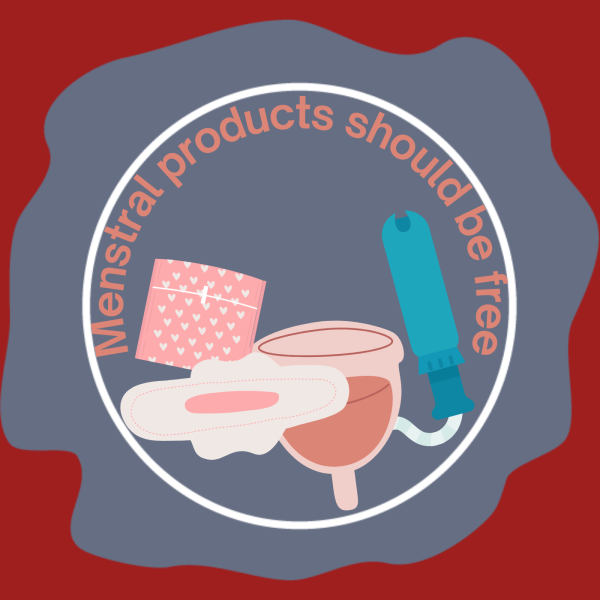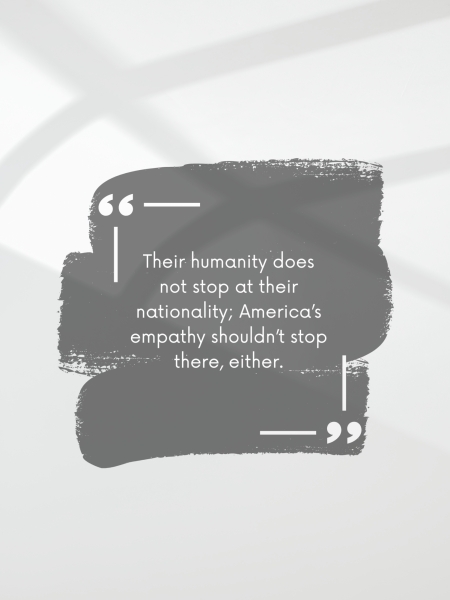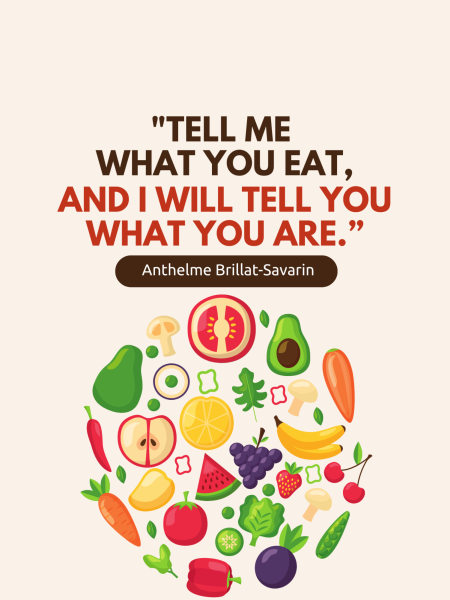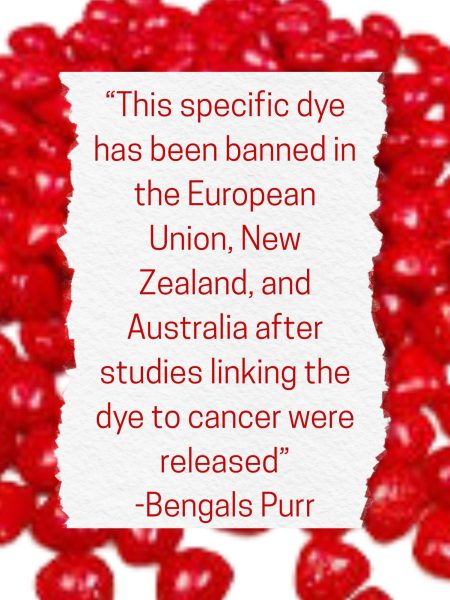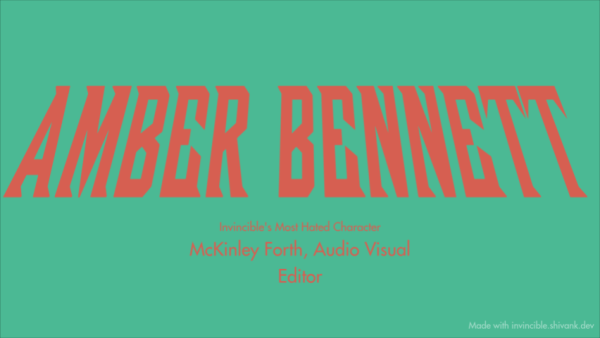The world: At its’ worst, best, and getting better
Six weeks into William Autrey’s Macroeconomics class at Lewiston High School, a student may find themselves in what feels like an existential crisis. It may be brought on by the required literature for the course; Factfulness: Ten Reasons Why We’re Wrong About the World — and Why Things Are Better Than You Think, by Hans Rosling, Anna Rosling, and Ola Rosling. Together, the authors explore the broadness of negativity around the world compared to the incredible strides of humanity.
The most common criticism of the book is what prevents those without open minds from getting through the first chapter: It’s simply too optimistic. Statistics and general progress aside, individual atrocities cannot be ignored just in order to live comfortably. Right?
Sure, that’s a fair conclusion to draw. Or it would be if the acknowledgment of exceptional events invalidated all progress entirely. Thankfully, it doesn’t have to.
A powerful contributor to our seemingly perpetual state of pessimism is an instinct that was initially used to protect lives: astute attention to what puts humanity in danger. Referred to as “negativity bias,” the things that scare humans draw attention quickly and consume more space in the mind. Why? Because, at one point, that fear protected humans from being mauled by a saber-toothed tiger, for example. The world has become more modern since then, but this human instinct has stayed intact throughout the generations.
Even when nothing seems wrong, the negativity bias claws its way into every scenario. For instance, a person living in the United States generally doesn’t have to fear the collapse of their guaranteed freedoms. However, because there is no 0% chance that it won’t happen (there can never be a 0% chance for anything), people cling to precious “What if…?” thoughts.
To counter the negativity bias, people can implement a tactic that experts call “positive inquiry.” Though most commonly used in professional settings to improve morale, adding positive inquiry to a personal worldview proves incredibly beneficial.
Positive inquiry is defined by Organizing Engagement as, “An asset-based approach to organizational and social engagement that utilizes questions and dialogue to help participants uncover existing strengths, advantages, or opportunities in their communities, organizations, or teams.” In other words, it is about appreciating known strengths while still acknowledging potential progress.
For example, in 2022, 17 countries were recorded as having a woman in the highest position of executive power, according to statista.com.
What about the other 178 countries? That is a fair question to which there is no logical answer.
However, 2022 marked one of the three years with the highest number of women in power, tying with 2019 and 2014. Before 2009, the statistics for every year were less than 10. Before 1988, less than 5.
Even though it’s sad to see such little recognition of women’s capabilities, there must be some focus on what has changed throughout the last 60 years that has raised these numbers — things like women’s education, opportunities for employment, countries distancing themselves from a patriarchal viewpoint. These are all changes that would have had to improve dramatically for just this particular statistic to rise. Instead of focusing on what is not, the focus must be on what is — and on what has been done, and what can be done to improve.
Too often, people become stuck in the mindset that improvement is futile unless it completely eradicates a problem. Or, they accept information at face value instead of cross-referencing or even diving deeper into a subject. Unfortunately, these beliefs and habits can skew one’s vision of even scientifically-proven evidence.
An optimistic perspective does not have to downplay the obscenities of the world. Instead, it encourages applying perspective to statistics and facts that are scary, saddening or downright infuriating.
Best said by Justin Sterrett, “Fear is disarmed when met with the embrace of awareness. Then, just maybe, the world becomes a little less scary.”

